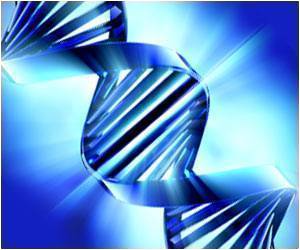Researchers have shown that exposure to the chemical bisphenol A (BPA) early in life results in high levels of anxiety.

"We knew that BPA could cause anxiety in a variety of species, and wanted to begin to understand why and how that happens," Dr. Heather Patisaul, lead author of the study, said.
BPA is a chemical used in a wide variety of polycarbonate plastics and epoxy resins, and is used in consumer products such as some food containers.
In the study, rats were exposed to low doses of BPA during gestation, lactation (nursing) and through puberty.
One group of animals was fed only soy; one group was fed a soy-free diet; one group was fed only soy and exposed to BPA; and one group was fed no soy and exposed to BPA.
Blood tests showed that the animals exposed to BPA had BPA levels well within the range found in humans. Similarly, blood tests of animals fed soy showed levels of genistein, an estrogen-like chemical found in soy, were at levels within the human range for vegetarians and others who regularly consume soy foods.
Advertisement
Specifically, the study reveals that gene expression changes in the amygdala, a brain region known to play a role in mediating responses to fear and stress, are associated with the behavioural changes.
Advertisement
However, the researchers also found that adolescent rats on the soy-rich diet did not exhibit anxiety - suggesting that the soy-rich diet may mitigate the effects of BPA. But a soy-rich diet raises questions of its own.
"Soy contains phytoestrogens that can also affect the endocrine system, which regulates hormones," Patisaul said.
"It is not clear whether these phytoestrogens are what mitigate the effect of BPA, or if it is something else entirely. That's a question we're hoping to address in future research," she said.
The study has been published in the journal PLOS ONE.
Source-ANI











